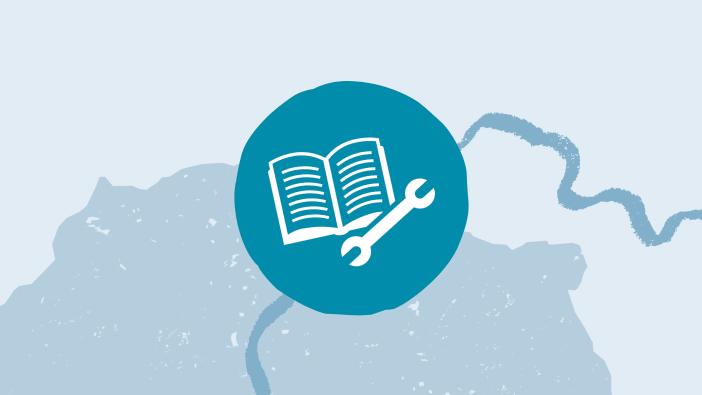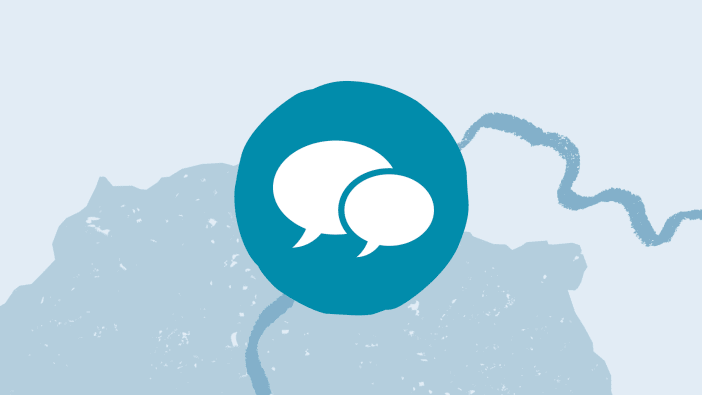by Elgin Saha.
Can development goals be achieved without any credit system to help the poor begin income-generating activities? For many years this has been a difficult question for us in HEED, Bangladesh. We have discussed and deliberated. While the poor waited patiently…
Since independence in 1971, huge amounts of aid have been poured into Bangladesh, but now there are more people below the poverty line than before. We believed that once the awareness of poor people was increased, they would automatically be able to earn income. We were therefore against introducing a credit and loan scheme in HEED. We believed that:
- loans created dependency.
- loans given to the poor would end up as charity.
- poor people could never manage loans properly.
- loans given without any security were too risky.
- repayment would be very poor.
For many years HEED took these ideas for granted. This year, however, we have offered successful loans to over 7,000 people with our loan and credit policy. How did we change our ideas? You may like to learn from our experiences.
Tired of waiting
In the 1980s we realised our group members could only save $5 each over 2 years. Together, a group of 20 could save $100 in two years. All or half of this amount could be given to a group member for some income-generating purpose. At this stage we began giving a matching amount to such groups. However, we soon realised that if each member received a loan, repaying it within a year, it would still take 7-10 years for everyone in the group to benefit. It was very hard to wait so long.
So we negotiated with a local bank and took responsibility for any bad loans on behalf of our group members. But this did not last long. Under the banking system in this country, loans can only be made to individuals – not groups – unless the group is registered with the government. We tried to organise government registration for all our groups, but the usual delays, corruption and red tape soon forced us to abandon this idea.
By now most of our groups had completed courses in Human Development and Skill Development. Without credit they were unable to begin any income-generating projects. Some of them even became desperate enough to take money from local money lenders at high interest rates.
Group leaders began coming to HEED saying, ‘Now we have developed the group’s awareness, we have learned some skills, but we still cannot do anything for lack of funds. What’s the use of all the training?’ Project managers began complaining that groups were disintegrating for want of loans.
The big step
In 1994 an evaluation team looked at the issue of loans for our poorest members. As a result they visited leading organisations in Bangladesh (eg: Grameen Bank) and studied this issue. Following their recommendations, HEED made the enormous decision to begin lending to poor partner groups without any security.
At first we lacked the budget to set up loan funds and many of our supporters were reluctant to fund this change in our policy. Gradually, however, we were able to begin with a small amount.
Now we have a well organised credit and loan policy with over 7,000 members. Our revolving loan fund is $150,000. All our groups are now involved in meaningful income generating activities. The rate of repayment is over 97% which is very encouraging! Our groups have a solid and supportive structure. Now we are receiving requests from other areas of Bangladesh to join our programme because we provide training in an integrated way. We do not believe money or a loan itself can make a change. Rather, we believe that human development and skills training, together with a loan, can really make the difference. We provide a balance between training and loans.
Successful programmes
We have detailed procedures for collecting repayments and ensuring that records are accurate. Our members use their loans in a great variety of ways. With smaller loans of between US $10 and US $50, people have begun projects drying fish, selling kerosene, vegetables or fish, knitting fish nets, rearing goats or poultry, making paper bags or knitting. Loans of between US $50 and US $200 have been used for projects selling cloth, kitchen equipment or fertilisers, weaving, making and selling sweets, buying a bullock for ploughing, buying a sewing machine or loom, producing molasses or setting up a small shop. Larger loans – only available to people who have successfully repaid smaller loans – have been used for buying knitting machines, power pumps, rice mills, soap factories, ice factories, rickshaws and carts and for setting up poultry farms, fish ponds and tailoring shops.
Welfare fund
We have service charges of 12% a year. Out of this, 2% is paid to a welfare fund. If a member is unable to repay a loan for one of the following reasons, some of the balance can be recovered from their savings account and the rest from the group’s welfare fund:
- if a member dies without leaving an heir who could repay the loan
- if a member leaves the country, selling their property and without informing HEED staff
- if a member suffers any disaster such as fire, accident or natural calamity
- if a member becomes physically or mentally incapable of work
- if a group disintegrates.
Impact of credit programmes
With our loan programme we have proved that the poor can be trusted with small loans when they form small groups. They have proved good managers when proper training and support are provided. These are some of the benefits we have discovered, which we trust will encourage other groups to follow our example:
- Income generating activities managed by the poor provide help, inspiration and self respect.
- They avoid the need to use money lenders who charge very high interest rates.
- Credit programmes give the poor access to resources.
- They create empowerment and encouragement to struggle for a better future.
- Our system of loans helps develop group dynamics and solidarity.
- Our loan programme encourages the habit of saving.
- Many women have been given self confidence.
- Indirectly our loan programme results in better health and schooling for children.
Elgin Saha is the Executive Director of HEED, a Christian-based development group operating in Bangladesh for 20 years. Their address is: PO Box 5052, New Market, Dhaka-1205, Bangladesh.








